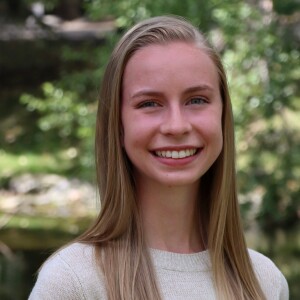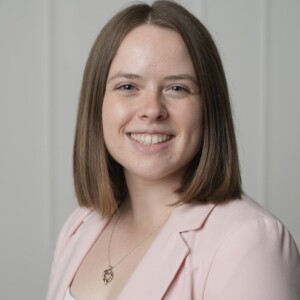Physics and Astronomy Mentors Talks
The PAM Talks is an interview series showcasing the voices of researchers who belong to traditionally underrepresented groups in Physics and Astronomy, specifically highlighting women and other gender minorities. If you were to ask a random person from the public, they would likely struggle to name even one woman scientist, let alone a physicist. Our mission is to address this lack of representation, increasing awareness among our audience about the diverse spectrum of researchers in physics and astronomy. We provide a platform for these researchers to share their work and personal experiences, fostering inclusivity and breaking down barriers in the scientific community.
We gratefully acknowledge support from the University of Calgary Graduate Student Association Quality Money grant program.











